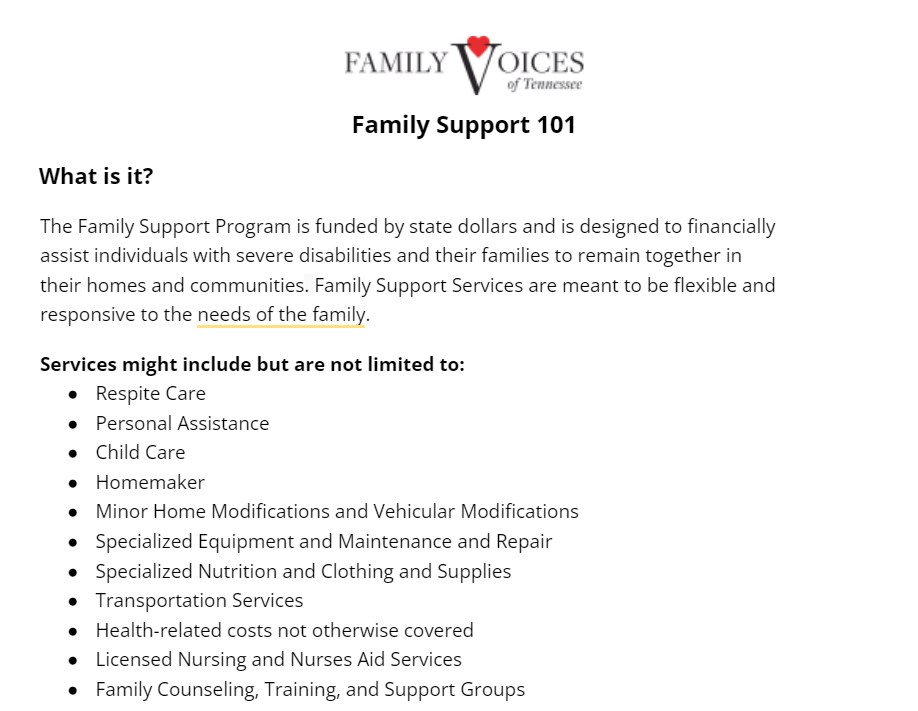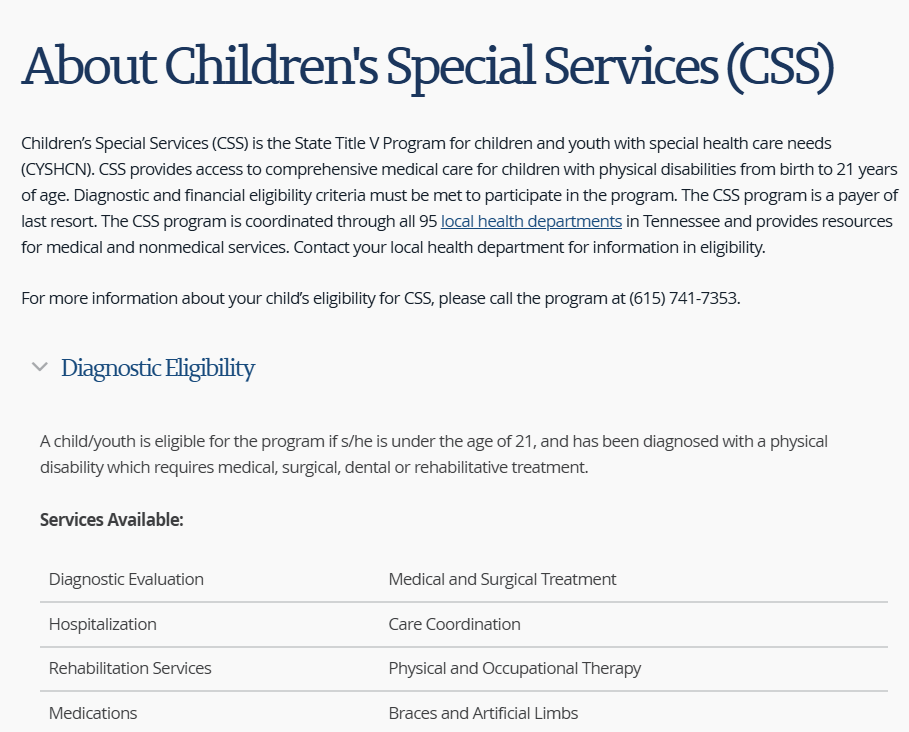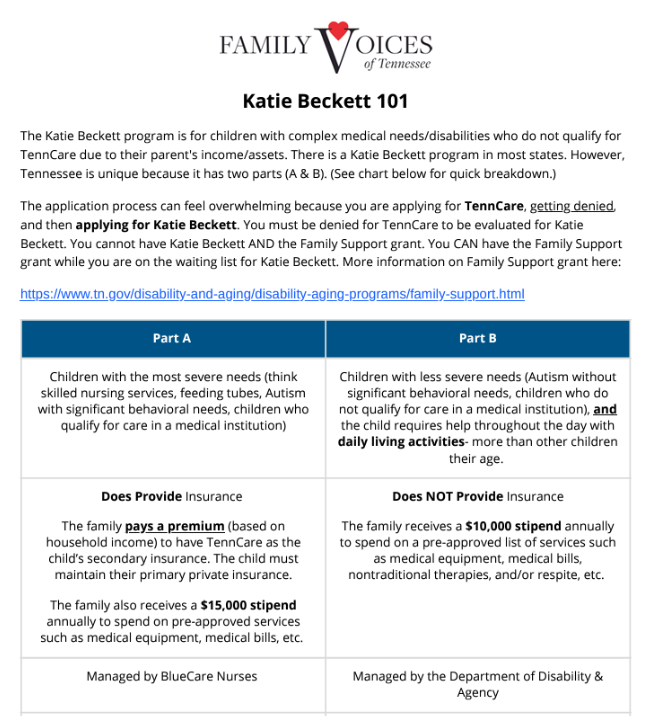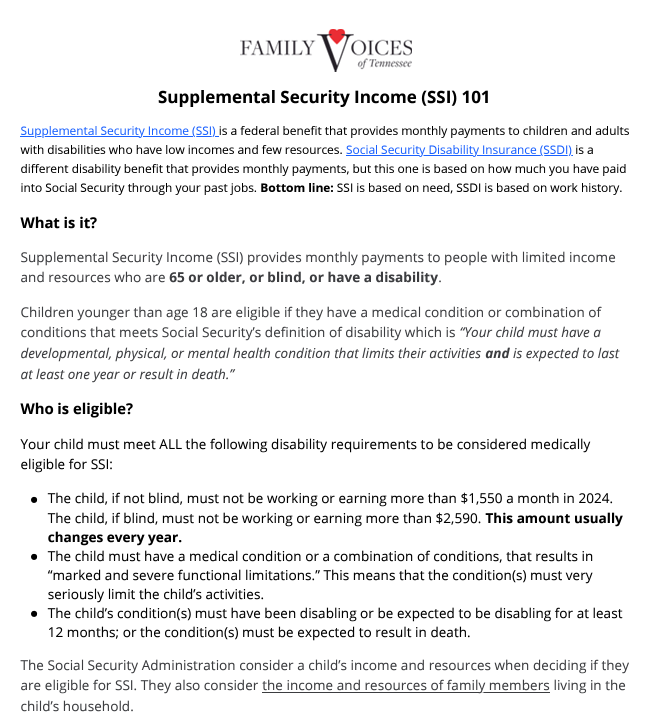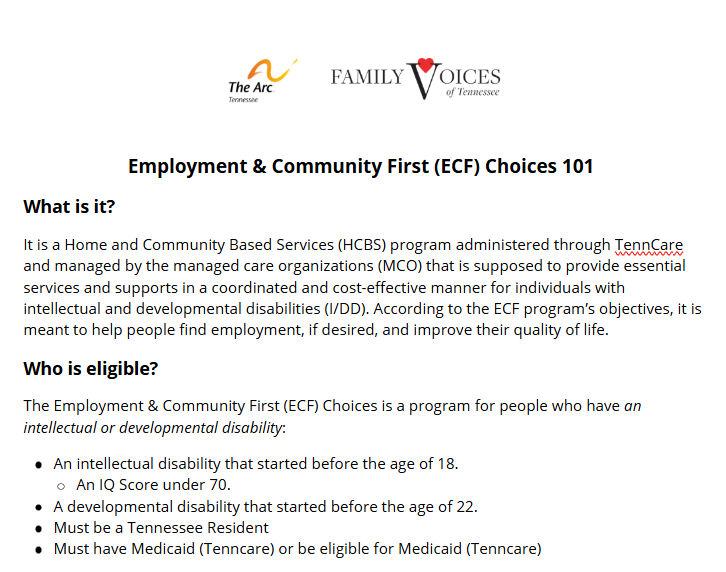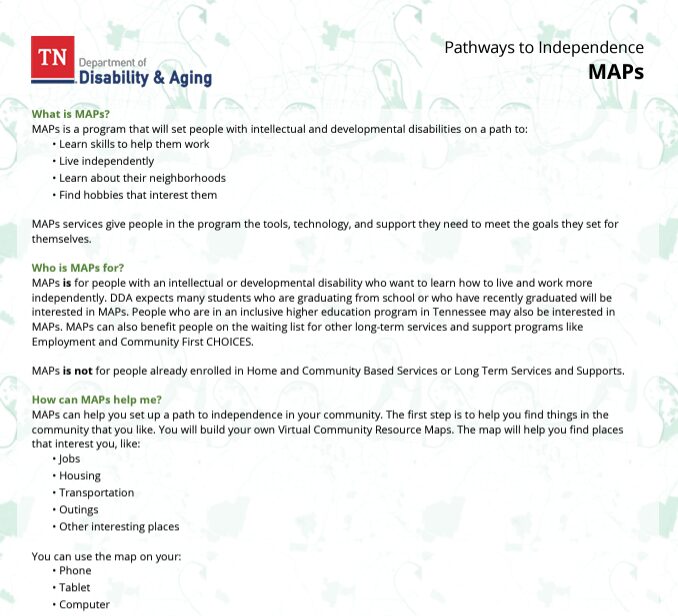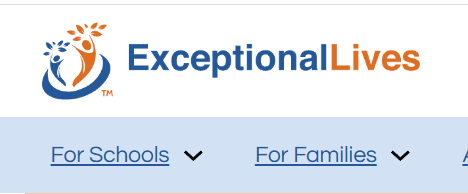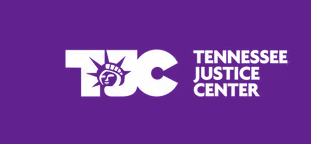Benefits
Resource Hub
Raising a child with a disability, chronic illness, or complex healthcare need is expensive. Here are some of the benefit programs available in Tennessee. If you need assistance or have specific questions you can contact us directly by filling out this form.
Families assist us with developing these resources. Please let us know if any changes need to be made or added to make these resources more helpful to your family.
Family Support Program
The Family Support program is funded by state dollars and designed to assist individuals of all ages with severe disabilities and their families to remain together in their homes and communities. This program is NOT income based. However, you cannot have this program and Katie Beckett or ECF Choices.
The primary purpose of the program is to support:
- Families who have school-aged or younger children with severe disabilities
- Adults with severe disabilities who choose to live with their families
- Adults with severe disabilities not supported by other residential programs funded by state or federal funds
Services can include but are not limited to: Respite care, day care services, home modifications, equipment, supplies, personal assistance, transportation, homemaker services, housing costs, health-related needs, nursing and counseling. These funds are flexible and exceptions can be made for other services not listed above.
Learn more:
What Is The Family Support Program
Family Support Service Definitions
To apply: Complete this form
Email to the agency that covers your county (Example: Davidson County and Wilson County go to the Arc Davidson County). Find your agency here
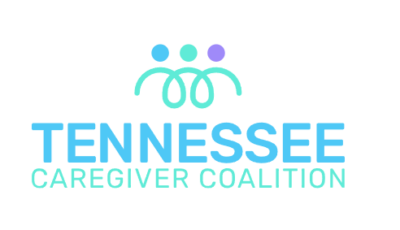
Respite Voucher Program
The Tennessee Caregiver Coalition serves caregivers across the entire state of Tennessee, for all ages and backgrounds. They provide respite reimbursement for caregivers of loved ones with special needs.
• To qualify for the program, there must be a caregiver and a care recipient living in the home together. The caregiver is the person who is taking care of the care recipient full-time, 24/7.
• They do not provide respite directly – they can only offer reimbursement for respite services. They also cannot endorse or recommend any particular facility or individual.
• Things the funding can be used for: paying for sitters, adult day centers, hospital stays, physical therapy for the care recipient, mental health therapy for the care recipient, summer camps, tutoring, school extracurriculars, et cetera.
• Funding cannot go towards things like therapy, cleaners, vacations, food, etc for the caregiver – funding is only for situations where the care recipient is under someone else’s care.
• There are no barriers to enrollment such as income limits or insurance requirements or being enrolled in a similar program.
• Caregivers are eligible for $600 of respite per year for the entire household. We are unable to offer $600 per care recipient.
• They operate under several different funding fiscal years, so re-application times vary. They will reach out to caregivers several months before their fiscal years end to let them know if they have funds left over.
• Caregivers can hire anyone to help with their loved one in order to relieve the caregiver – this is called the respite provider. Caregivers can use individuals or facilities as their provider.
• Caregivers pay for respite services up front and the TCC will reimburse those funds using a voucher system. As of this year, they have switched from a check system to direct deposit; as part of enrollment, they will send you a direct deposit form to fill out (they also require a voided check).
• Reimbursements will arrive the following month after the voucher is received.
• The TCC can pay facilities (camps, day cares, etc) directly – they just need an invoice from the facility. Please let them know if you would like for them to pay the facility directly. (They send these payments as checks.)
• Individual respite providers cannot live in the same household as the caregiver and care recipient, and must be over the age of 18.
• The respite provider does not have to have any particular skills (First Aid, CPR, etc).
• In order to be fully enrolled, caregivers must provide a proof of diagnosis dated within the last three years. This can be a medical form, a health care statement from a home health agency, a doctor’s office printout or a healthcare provider letter. The diagnosis itself can be more than three years old, but the document that shows the current diagnosis will need to be dated within the last three years and contains the name, date of birth, and diagnosis of the care recipient.
You can apply here: https://tncaregiver.org/respite-voucher-program/
Children’s Special Services
Children’s Special Services (CSS) is the State Title V Program for children and youth with special health care needs (CYSHCN). CSS provides access to comprehensive medical care for children with physical disabilities from birth to 21 years of age. Diagnostic and financial eligibility criteria must be met to participate in the program. The CSS program is a payer of last resort. The CSS program is coordinated through all 95 local health departments in Tennessee and provides resources for medical and non-medical services. Contact your local health department for information on eligibility.
For more information about your child’s eligibility for CSS, please call the program at (615) 741-7353 or visit this website.
Katie Beckett
Tennessee’s Katie Beckett program is for children under the age of 18 with disabilities or complex medical needs. This program is for children who do NOT qualify for TennCare because of their parent’s income or assets.
This program has two parts, A and B, and will provide services and/or help pay for medical care that private insurance does not cover.
Learn more here:
What is the Katie Beckett Program
Applying for the Katie Beckett Program
Supplemental Security Insurance
Supplemental Security Income (SSI) is a federal benefit that provides monthly payments to children and adults with disabilities who have low incomes and few resources. Social Security Disability Insurance (SSDI) is a different disability benefit that provides monthly payments, but this one is based on how much you have paid into Social Security through your past jobs. Bottom line: SSI is based on need, SSDI is based on work history.
Employment and Community First (ECF) Choices
ECF Choices is a Home and Community Based Services (HCBS) program administered through TennCare and managed by the managed care organizations (MCO) that is supposed to provide essential services and supports in a coordinated and cost-effective manner for individuals with intellectual and developmental disabilities (I/DD). According to the ECF program’s objectives, it is meant to help people find employment, if desired, and improve their quality of life.
What Financial Documents Are Needed To Apply For ECF Choices
For additional information about your ECF plan and services please visit the following links to review your member handbook:
Medicaid Alternative Pathways (MAPS)
MAPs is a program that will set people with intellectual and developmental disabilities on a path to learn skills to help them work, live independently, learn about their neighborhoods, and find hobbies that interest them.
This program is available to anyone with an I/DD diagnosis who has graduated high school or will graduate within three years. MAPs participants cannot be enrolled in another long term services and supports program including ECF CHOICES, CHOICES, the Katie Beckett Program, or 1915(c) Waivers. MAPS participants CAN be enrolled in the Family Support Program.
Exceptional Lives
We envision a world where families and educators of children with disabilities work in true partnership, supported by systems that create pathways for all children to reach their full potential.
Tennessee Justice Center
For over 28 years, the Tennessee Justice Center (TJC) has been standing with vulnerable Tennessee families and helping them access basic necessities of life.

